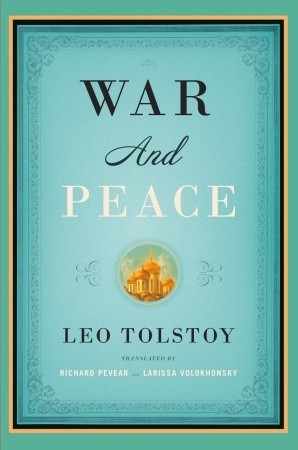Usshers world history embodied the best scholarly practice of his time. Chronology fully deserved its status as a historical science (using that word in its original sense, which is still current except in the Anglophone or English-speaking world). It was based on a rigorous analysis of all the ancient textual records known to him. These were mostly derived from sources in Latin, Greek, and Hebrew. Half a century earlier, the French scholar Joseph Scaliger, the greatest and most erudite chronologist of them all, had also used those in several other relevant languages such as Syriac and Arabic. But even Scaliger knew only a little about sources further afield, for example from China or India, and the ancient Egyptian hieroglyphs had not yet been deciphered. Nonetheless, chronologists had available to them a massive body of multicultural and multilingual evidence. From all these varied records they extracted dates such as those of major political changes, the reigns of ancient monarchs, and memorable astronomical events. They then tried to match them up, often across different ancient cultures, and to link them together in a continuous chain of dated events. (The science of chronology is not extinct: the results of modern chronological research are on display in our museums, wherever artifacts from ancient China or Egypt, for example, are labeled with dates BC or BCE; all such dates are derived from similar correlations between the histories of different cultures.)
By far the greater part of Usshers evidence, like that of other chronologists, came not from the Bible but from ancient secular records. Not surprisingly, his sources were most abundant for the more recent centuries BC, and tailed off rapidly as he penetrated into the more remote past. For the very earliest times they were extremely scanty and almost confined to the bare record in Genesis of who begat whom in the earliest generations of human life. This makes it clear that Usshers main objective was indeed to compile a detailed history of the world, and not primarily to establish the date of Creation or to bolster the authority of the Bible in general. Ussher treated the Bible as one historical source among many, even if it was also, from his perspective, the most valuable and reliable of all.




















